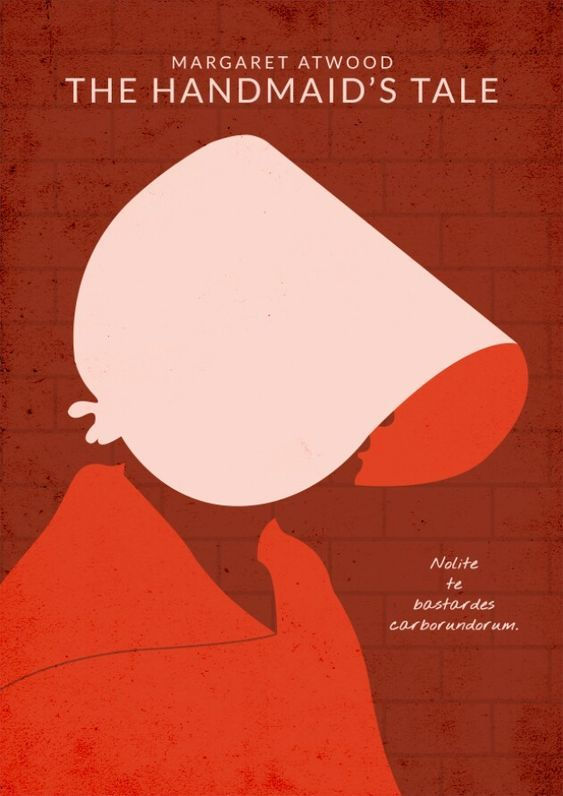Media Journal: The Handmaid's Tale
- Phases & Phrases

- Sep 15, 2021
- 3 min read

Hulu’s original series The Handmaid’s Tale, based on Margaret Atwood’s 1985 novel with the same name, is set in a dystopian country named Gilead, built around propaganda in the name of God.
The continuous decrease in birth rate had changed the political and social perspective and pushed a theocratic dictatorship to take hold of what used to be America. Fertile women are like breeding cattle— now referred to as “Handmaids,” passed around like property to powerful families to be raped ceremonially and act as surrogate mothers.
Our main character is a Handmaid, whom we come to know as Offred (for “Of-Fred,” the name given to Handmaids that literally means they belong to their Commander; Of + Commander’s name). In the land of Gilead, women’s real name is forbidden. Now, all they can be; Girl, Handmaid, Martha, and Wife. Every title is in correlation to who they are to the man of the house, they aren’t allowed to read or be an individual.
In the plot, men are executed for big crimes, but the majority of the sufferings are for women who are tortured, mutilated, or murdered for offenses as small as mocking a warden or reading a headline on television. It’s a show about control and forced ownership over women’s bodies.
Handmaids are allowed one trip to the market every day, where they have a “walking partner” and the partners are there to spy on each other. Offred is her partner’s spy, and her partner is hers. Gilead is where no two women can trust each other without risking their lives, literally.
And maybe that’s how a dictatorship works, by pushing people against each other. They make us distrust each other so much that we end up feeling like it’s just us against them, and with no support, we end up accepting their terms. How Handmaids did.
Gilead is no heaven, no matter how much the citizens of Gilead preached it to be. And it is no hell, well it is a hell for women. But it does have a knack for bringing out the worst in people (or maybe, the best. If you look at it from just the right angle). Their survival instincts, the skills they never thought they'd have, all rise up and help them survive. (One case: Chemistry teachers are making bombs)
It was an uncomfortable watch, to say the least, but it was also a liberating watch. To see women slowly turn into beasts and fight back as the seasons progressed. To be a part of June's (Offred’s real name, it is never explicitly mentioned in the book but we know Offred as June in the series.) journey as she, along with other handmaids slowly fought back 'Gilead' was an honor. Still is, for the show is renewed for a fifth season.
And of course, they’d fight back. No horrid ruler ever ruled without a revolution slowly stirring up the hierarchy from within. As Margaret Atwood in the book says, Nothing changes instantaneously: in a gradually heating bathtub you’d be boiled to death before you knew it. So does a revolt. Everything goes slowly, till it doesn’t.
It is easy to dismiss The Handmaid’s Tale as sci-fi and move on when it is anything but fiction. And as Margaret Atwood, herself wrote in the book’s introduction,
“One of my rules was that I would not put any events into the book that had not already happened in what James Joyce called the “nightmare” of history, nor any technology not already available. No imaginary gizmos, no imaginary laws, no imaginary atrocities. God is in the details, they say. So is the devil.”
The fact that there is nothing in the book that is purely fictional, is terrifying to realize. The countless horrors that history has inflicted on women, and somewhere they still continue, are the very same that form the laws of Gilead. The Handmaid's Tale is in no way an easy watch because it forces us to see what the world pushes onto women all at once. It's not fiction, it is a combined all-in-one book of history.
-s
.png)



Nothing is purely fictional, cool only makes this world easier to live in👍🏻👍🏻